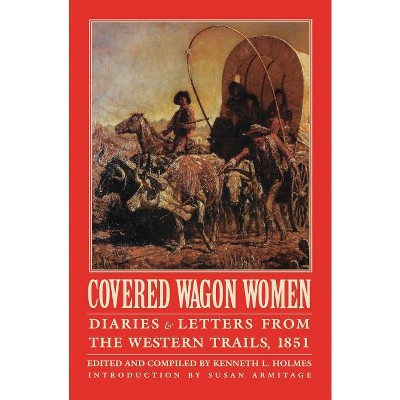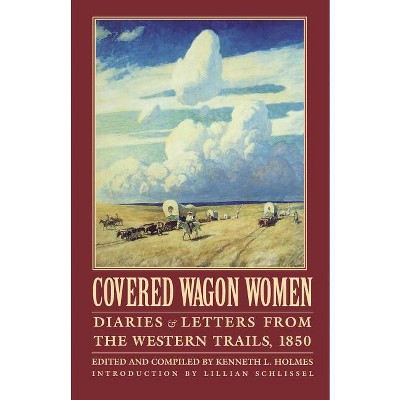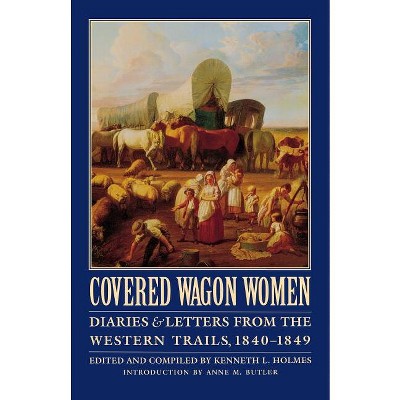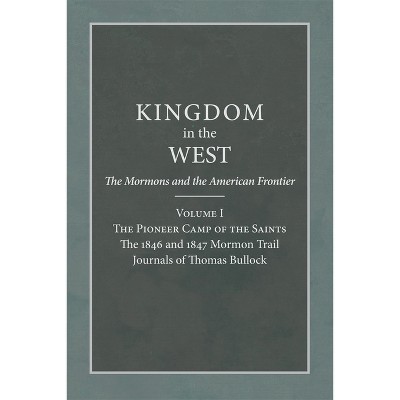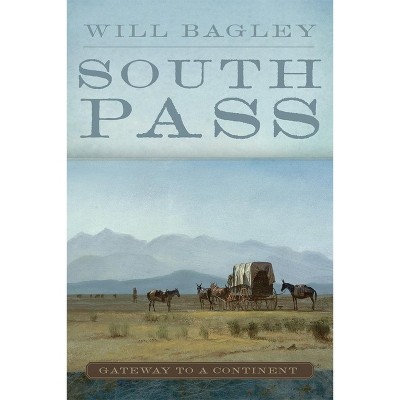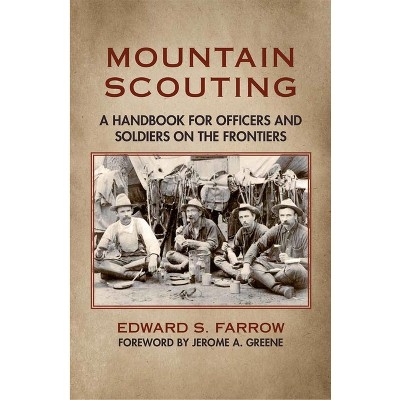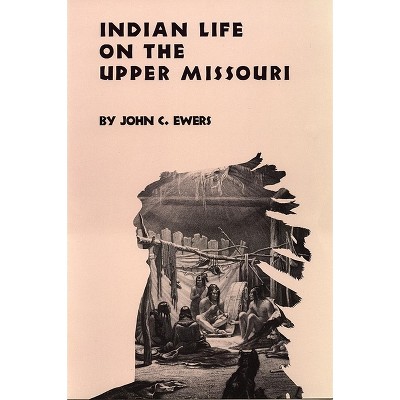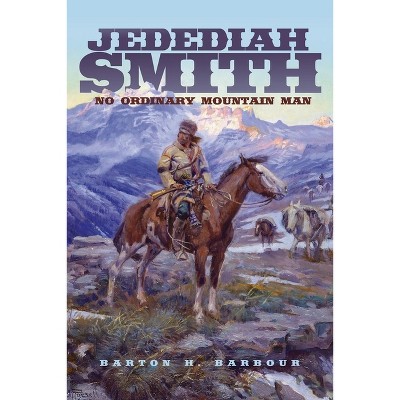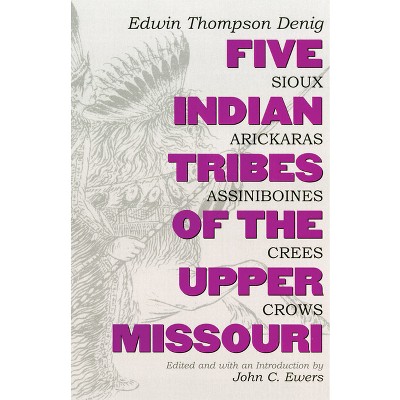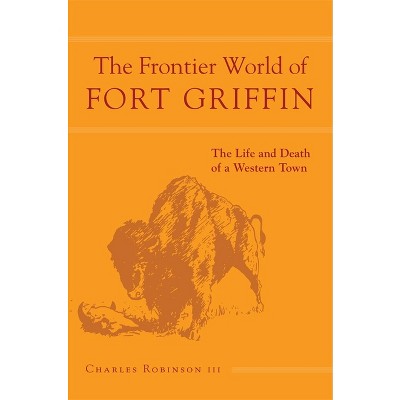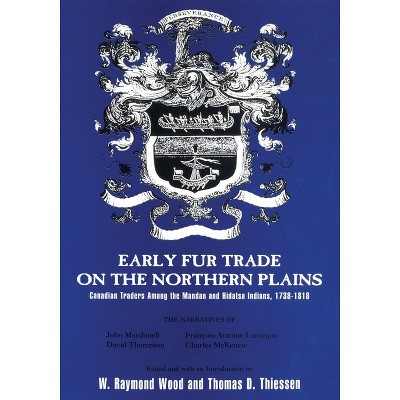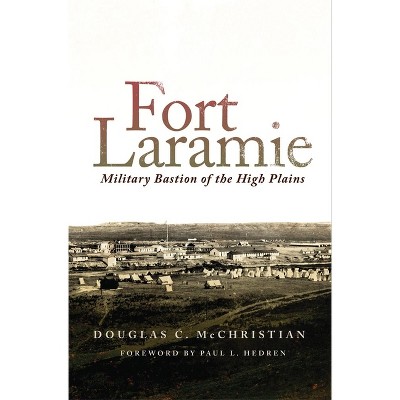Sponsored

Fort Union and the Upper Missouri Fur Trade - by Barton Barbour (Paperback)
$21.99
In Stock
Eligible for registries and wish lists
Sponsored
About this item
Highlights
- In this book, Barton Barbour presents the first comprehensive history of Fort Union, the nineteenth century's most important and longest-lived Upper Missouri River fur trading post.
- Author(s): Barton Barbour
- 320 Pages
- History, United States
Description
About the Book
In this book, Barton Barbour presents the first comprehensive history of Fort Union, the nineteenth century's most important and longest-lived Upper Missouri River fur trading post. Barbour explores the economic, social, legal, cultural, and political significance of the fort which was the brainchild of Kenneth McKenzie and Pierre Chouteau, Jr., and a part of John Jacob Astor's fur trade empire.Book Synopsis
In this book, Barton Barbour presents the first comprehensive history of Fort Union, the nineteenth century's most important and longest-lived Upper Missouri River fur trading post. Barbour explores the economic, social, legal, cultural, and political significance of the fort which was the brainchild of Kenneth McKenzie and Pierre Chouteau, Jr., and a part of John Jacob Astor's fur trade empire. From 1830 to 1867, Fort Union symbolized the power of New York and St. Louis, and later, St. Paul merchants' capital in the West. The most lucrative post on the northern plains, Fort Union affected national relations with a number of native tribes, such as the Assiniboine, Cree, Crow, Sioux, and Blackfeet. It also influenced American interactions with Great Britain, whose powerful Hudson's Bay Company competed for Upper Missouri furs. Barbour shows how Indians, mixed-bloods, Hispanic-, African-, Anglo-, and other Euro-Americans living at Fort Union created a system of community law that helped maintain their unique frontier society. Many visiting artists and scientists produced a magnificent graphic and verbal record of events and people at the post, but the old-time world of fur traders and Indians collapsed during the Civil War when political winds shifted in favor of Lincoln's Republican Party. In 1865 Chouteau lost his trade license and sold Fort Union to new operators, who had little interest in maintaining the post's former culture. Barton H. Barbour is Professor of History at Boise State University and author of Jedidiah Smith: No Ordinary Mountain Man, also published by the University of Oklahoma Press.Dimensions (Overall): 9.09 Inches (H) x 5.93 Inches (W) x .67 Inches (D)
Weight: .93 Pounds
Suggested Age: 22 Years and Up
Number of Pages: 320
Genre: History
Sub-Genre: United States
Publisher: University of Oklahoma Press
Theme: 19th Century
Format: Paperback
Author: Barton Barbour
Language: English
Street Date: March 15, 2001
TCIN: 88975413
UPC: 9780806134987
Item Number (DPCI): 247-56-7571
Origin: Made in the USA or Imported
If the item details aren’t accurate or complete, we want to know about it.
Shipping details
Estimated ship dimensions: 0.67 inches length x 5.93 inches width x 9.09 inches height
Estimated ship weight: 0.93 pounds
We regret that this item cannot be shipped to PO Boxes.
This item cannot be shipped to the following locations: American Samoa (see also separate entry under AS), Guam (see also separate entry under GU), Northern Mariana Islands, Puerto Rico (see also separate entry under PR), United States Minor Outlying Islands, Virgin Islands, U.S., APO/FPO
Return details
This item can be returned to any Target store or Target.com.
This item must be returned within 90 days of the date it was purchased in store, shipped, delivered by a Shipt shopper, or made ready for pickup.
See the return policy for complete information.
